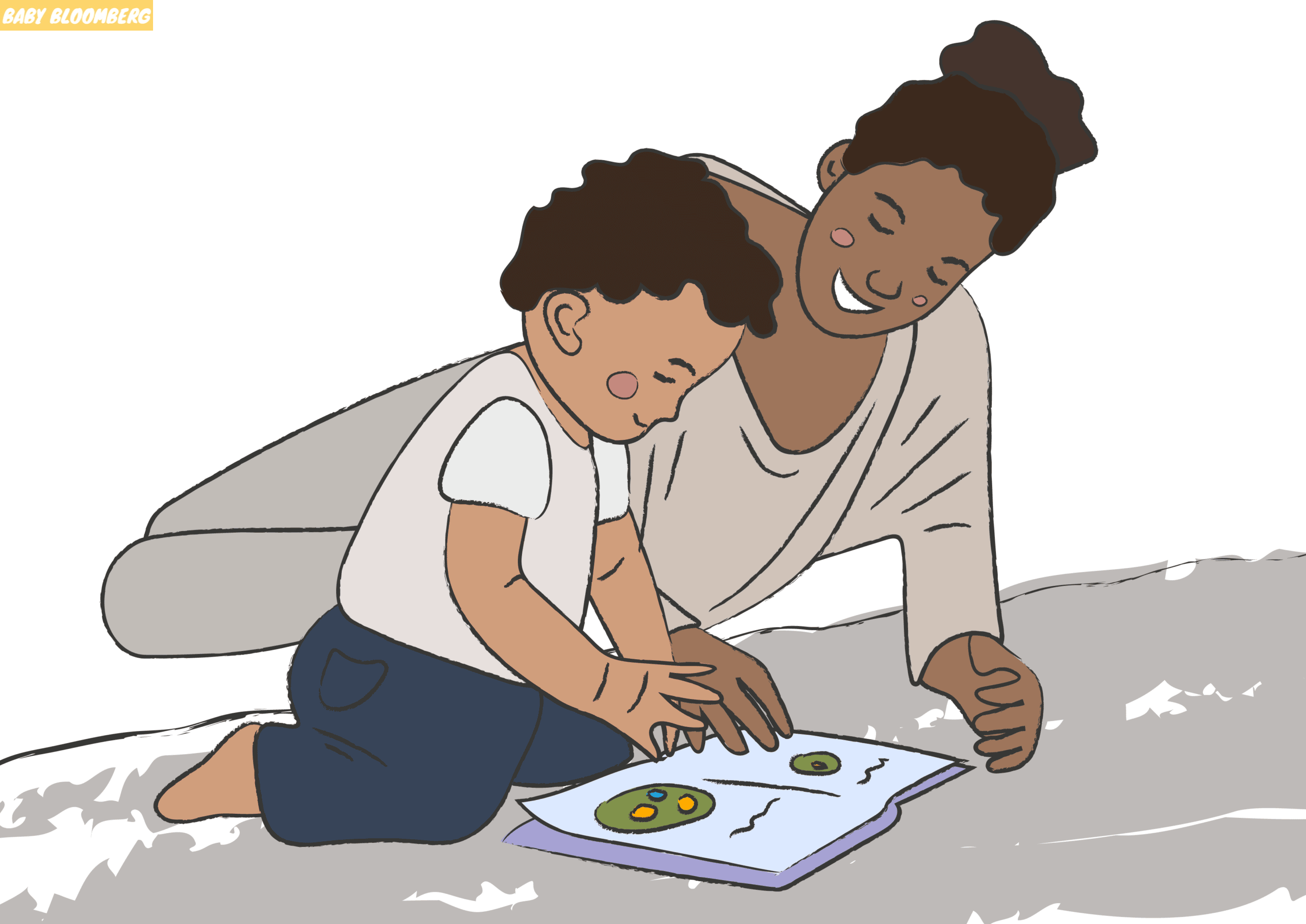Spanking teenagers is a highly debated and controversial topic that sparks conflicting opinions regarding its efficacy and appropriateness. Critics argue that it is essential to approach teenagers with logic and treat them as mature individuals. On the other hand, research studies highlight the potential harm caused by physical punishment, such as spanking, on children. There is a growing global effort to discourage and prevent the use of physical punishment in order to promote healthier and more constructive forms of discipline. This article explores the different perspectives on spanking teenagers and offers insights into alternative disciplinary techniques that prioritize empathy, communication, and understanding.
Understanding the Controversy Surrounding Spanking Teenagers
Spanking teenagers is a topic that has been the subject of ongoing debate and discussion. Some parents and experts argue that physical punishment, such as spanking, can be an effective way to discipline teenagers and deter undesirable behaviors. They believe that a firm hand can teach a lesson and prevent further misbehavior. However, others oppose the idea of physical punishment and believe that it is more beneficial to approach teenagers with logic and treat them as mature individuals. They argue that reasoning and communication are key to resolving conflicts and fostering a positive parent-child relationship.
The Efficacy of Logical Approaches in Parenting Teens
Many experts and parents advocate for logical approaches when parenting teenagers. Instead of resorting to physical punishment, they emphasize the importance of treating teenagers as older individuals who are capable of reasoning and understanding the consequences of their actions. By engaging in open and respectful discussions, parents can guide teenagers towards making informed decisions and developing critical thinking skills. This approach encourages teenagers to take responsibility for their actions and helps establish a positive and trusting parent-child relationship.
The Potential Harm Caused by Physical Punishment on Children
Numerous research studies have shed light on the potential harm caused by physical punishment, especially spanking, on children. These studies indicate that physical punishment can lead to a range of problems, including increased aggression, mental health issues, and poor parent-child relationships. Children who experience physical punishment are more likely to exhibit aggressive behavior and have higher levels of aggression in adulthood. Additionally, physical punishment can negatively impact the parent-child relationship, leading to strained dynamics and decreased trust.
The Global Effort to Discourage Physical Punishment
In light of the negative impact of physical punishment on children, there is a growing global effort to discourage its use and explore alternative methods of discipline that promote healthier and more constructive outcomes. This movement emphasizes the importance of fostering empathy, communication, and understanding in disciplinary practices. By prioritizing these values, parents can establish a safe and supportive environment for their children, where discipline is based on mutual respect and trust.
Using Empathy and Reasoning to Communicate with Teenagers
To effectively communicate with teenagers, it is crucial to treat them as individuals with thoughts and feelings. Empathy plays a vital role in understanding their perspective and validating their emotions. By engaging in open and respectful discussions, parents can guide teenagers towards making informed decisions and developing critical thinking skills. This approach allows teenagers to express their views, learn from their mistakes, and understand the consequences of their actions.
Research Studies on the Negative Impact of Physical Punishment
Research studies consistently highlight the negative impact of physical punishment, especially spanking, on children. These studies indicate that physical punishment is associated with increased aggression and antisocial behavior. Children who experience physical punishment are more likely to engage in aggressive acts towards others and display hostile behavior. Furthermore, physical punishment can contribute to the development of mental health issues and emotional difficulties, such as depression and anxiety. Additionally, children who experience physical punishment are more likely to have strained parent-child relationships and decreased trust in their parents.
Shifting Towards Positive Discipline Techniques
In response to the negative impact of physical punishment, there has been a shift towards positive discipline techniques that prioritize empathy, communication, and understanding. Instead of resorting to physical discipline, parents are encouraged to establish clear boundaries and consequences for their teenagers’ actions. This approach allows teenagers to understand the importance of responsible behavior and the consequences of their choices. Additionally, parents can encourage problem-solving and conflict resolution skills, helping teenagers develop essential life skills that will serve them well in adulthood.
The Importance of Guiding Children Through Natural Consequences
Instead of relying on physical punishment, a more effective approach is guiding children through natural consequences. This involves teaching the reasoning behind certain behaviors and helping teenagers understand the natural consequences of their actions. By allowing teenagers to experience the direct outcome of their choices, parents can promote critical thinking and decision-making skills. This approach empowers teenagers to make informed decisions and take responsibility for their actions, contributing to their overall personal growth and development.
The Legal Implications of Physical Punishment
A recent case emerged where parents were convicted of assault with a weapon for spanking their 14-year-old daughter after she sent nude photos on Snapchat. This incident highlights the legal implications that physical punishment can carry, especially when dealing with teenagers who are navigating their own challenges and insecurities. The case serves as a wake-up call for society to revisit the way we approach discipline and consider the long-term consequences of physical punishment. It emphasizes the need for a cautious and well-informed approach to discipline that prioritizes the emotional well-being and development of teenagers.
The Need for Tailored Disciplinary Approaches for Teenagers
While the importance of discipline for teenagers is undeniable, traditional disciplinary methods may no longer be as effective. Adolescence is a period of remarkable growth and transformation, and teenagers require guidance and understanding more than ever. It is crucial for parents to tailor disciplinary approaches to the individual needs and personalities of teenagers, taking into account their developmental stage and unique circumstances. This approach ensures that disciplinary techniques are effective and supportive in promoting responsible behavior and emotional well-being.
Conclusion
In conclusion, the topic of spanking teenagers remains a subject of ongoing debate and discussion. While some argue for logical approaches and treating teenagers as mature individuals, research studies caution against the use of physical punishment due to its potential harm on children. There is a growing global effort to discourage the use of physical punishment and to promote positive and empathetic disciplinary techniques. The legal ramifications of physical punishment, as exemplified by the aforementioned case, further emphasize the need for a cautious and well-informed approach to discipline. By setting clear boundaries and implementing consequences, parents can guide teenagers towards responsible behavior while promoting their emotional well-being and development. It is essential to prioritize empathy, understanding, and open communication in order to establish a healthy and positive parent-child relationship during the challenging teenage years.











